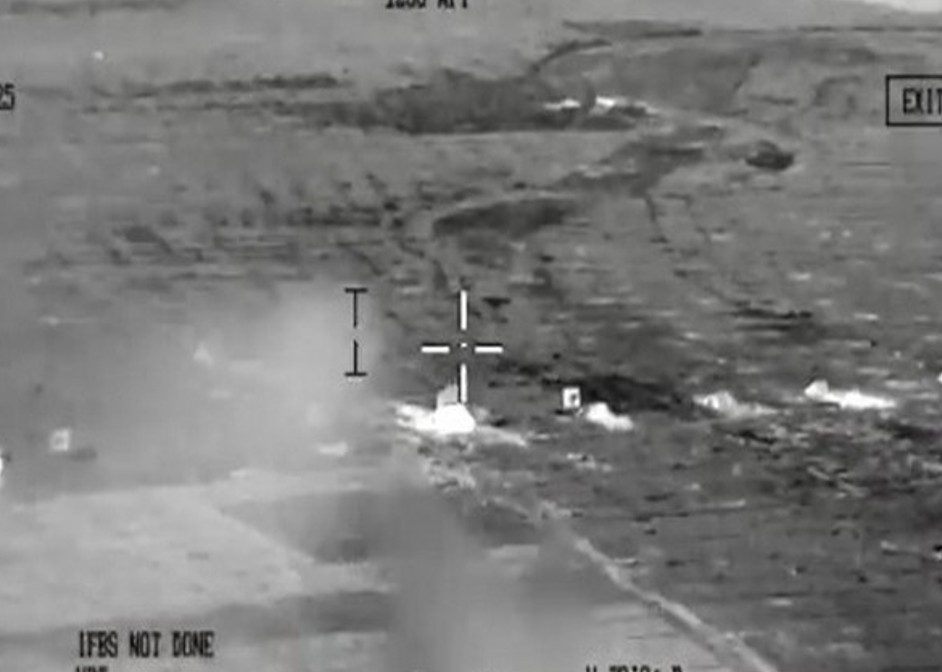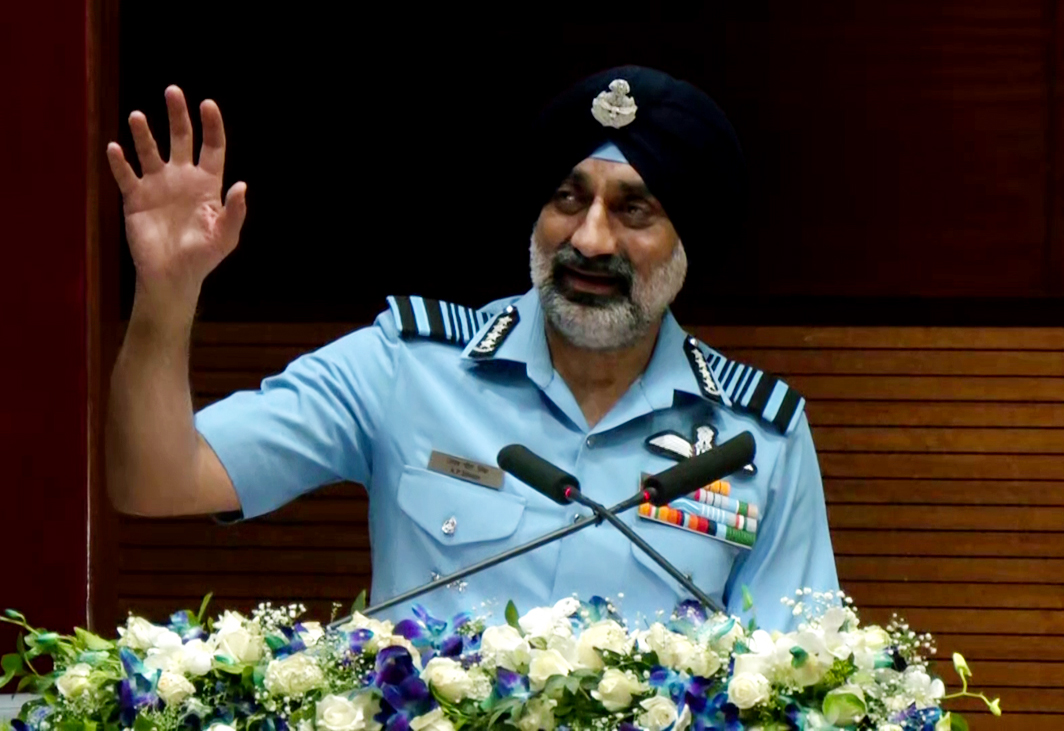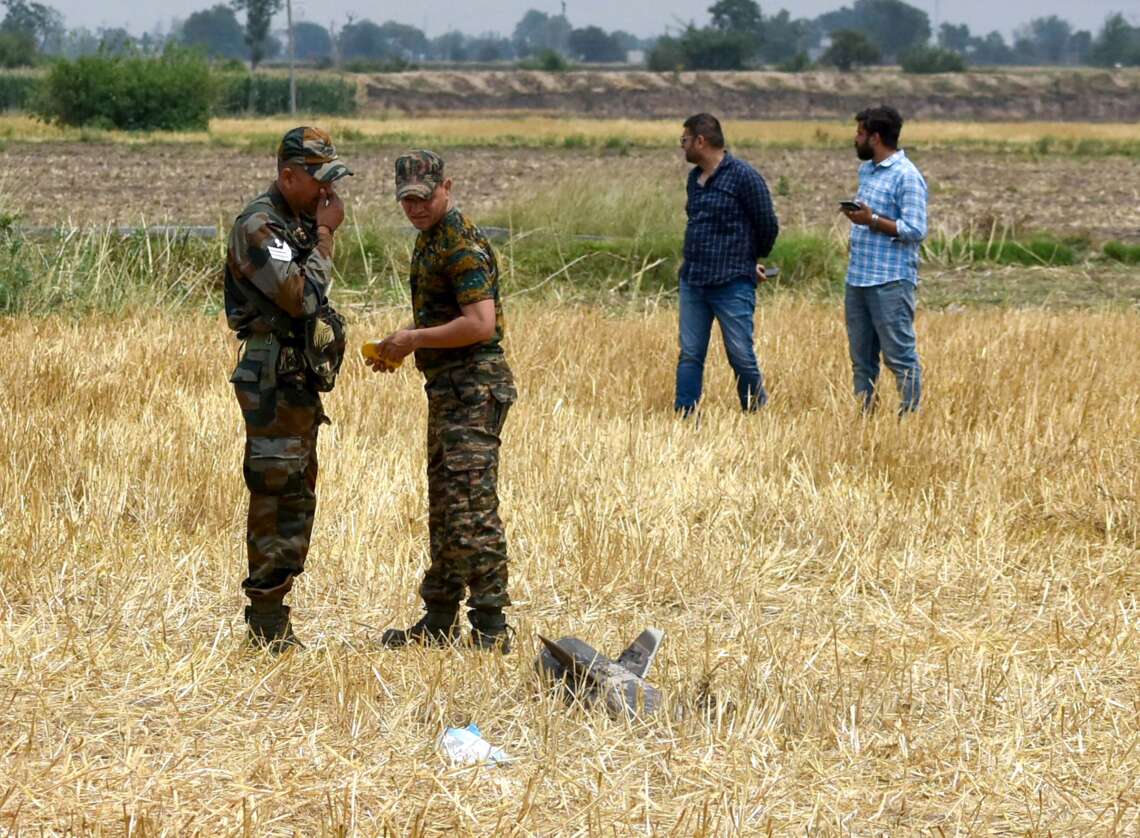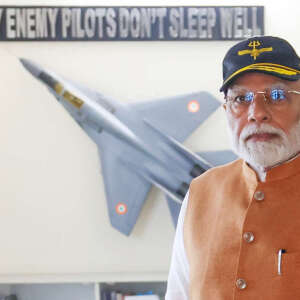‘Justice is served’, says Indian Army as Operation Sindoor unfolds
In a significant military response to the deadly terror attack in Pahalgam that claimed 26 civilian lives, the Indian Army on Wednesday confirmed that it struck nine terror-linked sites deep inside Pakistan and Pakistan-occupied Jammu and Kashmir under ‘Operation Sindoor’.
“A little while ago, the Indian Armed Forces launched ‘Operation Sindoor’, hitting terrorist infrastructure in Pakistan and Pakistan-occupied Jammu and Kashmir from where terrorist attacks against India have been planned and directed,” the Indian Army said in a press release.
The Army’s official handle on X (formerly Twitter) posted: “Justice is Served. Jai Hind.”
The statement added: “Our actions have been focused, measured and non-escalatory in nature. No Pakistani military facilities have been targeted.”
Pahalgam: The Catalyst
The retaliatory strikes came in the aftermath of a brutal terrorist ambush in Pahalgam on April 22, in which 25 Indian civilians and one Nepali tourist were killed. Most of the victims were holidaymakers, amplifying the nationwide outrage.
India said it had credible evidence linking the attack to Pakistan-based terrorist groups and cited “technical inputs, survivor testimonies, and other intelligence” as the basis for the operation.
Modi Closely Monitored the Strikes
Prime Minister Narendra Modi reportedly oversaw the entire operation from New Delhi. According to senior officials, the Prime Minister was in constant touch with military commanders and National Security Adviser Ajit Doval as the strikes progressed.
Sources said the government had opted for a “calibrated and restrained” military response — signalling strength without escalation.
Pakistan Confirms the Hits, Decries ‘Cowardly Attacks’
Pakistan’s military confirmed that Indian missiles struck locations in Kotli, Bahawalpur, and Muzaffarabad, with the Inter-Services Public Relations (ISPR) calling it a “cowardly attack amid intense tensions”.
Lt Gen Ahmed Sharif Chaudhry, DG of ISPR, stated that Pakistan “reserves the right to respond” and blamed India for targeting civilian areas, though India has denied hitting any non-military infrastructure.
Shehbaz Sharif Warns of Retaliation
Pakistan Prime Minister Shehbaz Sharif acknowledged attacks on five sites inside Pakistan, calling India’s action “an act of war”. Writing on X, he said: “The Pakistani nation and the Pakistani armed forces know how to deal with the enemy.”
He asserted that Pakistan’s response would be “forceful”, though no official counter-strike was confirmed at the time of reporting.
Ajit Doval Briefs US Counterpart Marco Rubio
In Washington, India’s NSA Ajit Doval briefed US Secretary of State and National Security Adviser Marco Rubio shortly after the strikes. A statement from the Indian Embassy clarified that India’s actions were “measured, responsible and designed to be non-escalatory”.
“No Pakistani civilian, economic or military targets were hit,” the statement said, reiterating that only known terror infrastructure had been targeted.
Trump: ‘Hope It Ends Quickly’
US President Donald Trump, in his first comments after the operation, said the strikes were “expected” given the scale of the Pahalgam attack.
“It’s a shame… They’ve been fighting for a long time. I just hope it ends very quickly,” Trump told reporters at the White House.
The US State Department earlier described the situation as “a dynamic, serious issue”, urging both countries to exercise restraint.
UN Chief: World Cannot Afford This Confrontation
UN Secretary-General António Guterres expressed “deep concern” following the Indian strikes, with his spokesperson Stéphane Dujarric stating that “the world cannot afford a confrontation between India and Pakistan”.
“The Secretary-General is very concerned about the Indian military operations across the Line of Control and international border,” the UN said, calling for “maximum restraint”.
Operation Sindoor: Focused, Not Escalatory
The Indian Army reiterated that its goal was to neutralise terror threats without provoking broader conflict. “These strikes are not a declaration of war,” a senior official said. “They are a declaration of intent — that India will not let terrorism go unanswered.”
A full briefing on Operation Sindoor is expected later today, which may include visuals and further intelligence disclosures.














